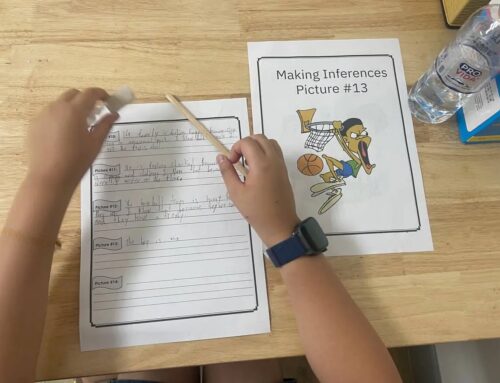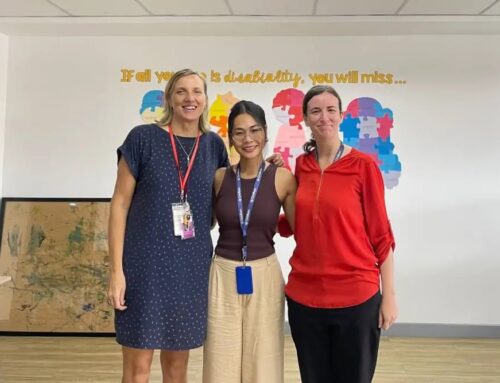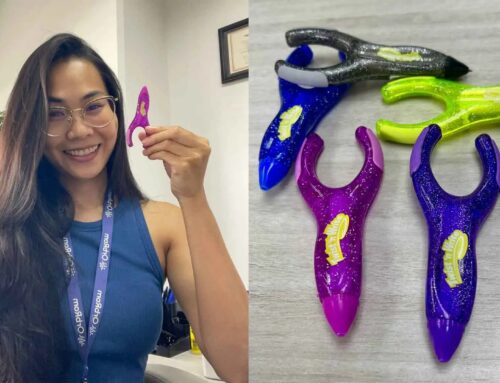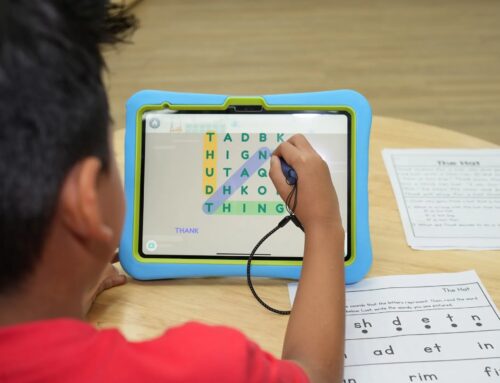[ad_1]
Before children learn to speak, they use gestures. A wave, a point, a raised hand—all of these are powerful communication tools that serve as early building blocks for language development. In Phnom Penh, families are beginning to recognize the importance of gestural communication as part of speech and language growth.
At OrbRom Center, we help children who are late to talk by first strengthening their nonverbal communication skills. Teaching and encouraging gestures isn’t a substitute for speech—it’s a foundational step that leads to spoken language and better social understanding.
What Is Gestural Communication?
Gestural communication includes all the ways a child uses their body to convey a message, including:
-
Pointing to request or show interest
-
Waving hello or goodbye
-
Reaching to request help
-
Nodding or shaking the head
-
Using hand signs or simple gestures
These early signs are often the first indicators that a child understands the world around them—and that they are ready to learn more complex communication forms.
When a Lack of Gestures May Signal a Delay
In Phnom Penh, where bilingual environments are common, it can be easy to misinterpret communication delays as simple language confusion. However, if a child by 12 to 15 months:
-
Rarely points or gestures
-
Does not imitate adult hand movements
-
Fails to use gestures to communicate wants
-
Doesn’t respond to gestures from others
…it may be time to seek an evaluation. A delay in gestural communication is often one of the earliest signs of a broader speech or developmental delay.
How OrbRom Center Uses Gestures in Therapy
At OrbRom Center in Phnom Penh, our speech therapists intentionally incorporate gestures into every therapy session, especially for children who are nonverbal or have limited expressive language. We teach parents and caregivers how to:
-
Use sign language alongside verbal speech
-
Model gestures during daily routines (e.g., eating, playing, dressing)
-
Respond positively when children use gestures to communicate
-
Reinforce gestures as a bridge to spoken language
By first building confidence in nonverbal communication, we help children develop the foundation for clearer, more effective verbal expression.
Why It Matters for Phnom Penh Families
In the early years, what may look like a simple point or nod is actually a sign of cognitive and social growth. When children can’t yet form words, gestures give them a way to participate, be understood, and feel successful. In Phnom Penh, access to early intervention services at OrbRom Center means families don’t have to wait and wonder.
Find us easily on Google Maps to explore your options for early communication support.
Final Thought
Gestures are the first language of childhood. At OrbRom Center in Phnom Penh, we help children move from gestures to words—and from frustration to connection. If your child isn’t yet talking, start by supporting the communication tools they already have.
[ad_2]
Source link






